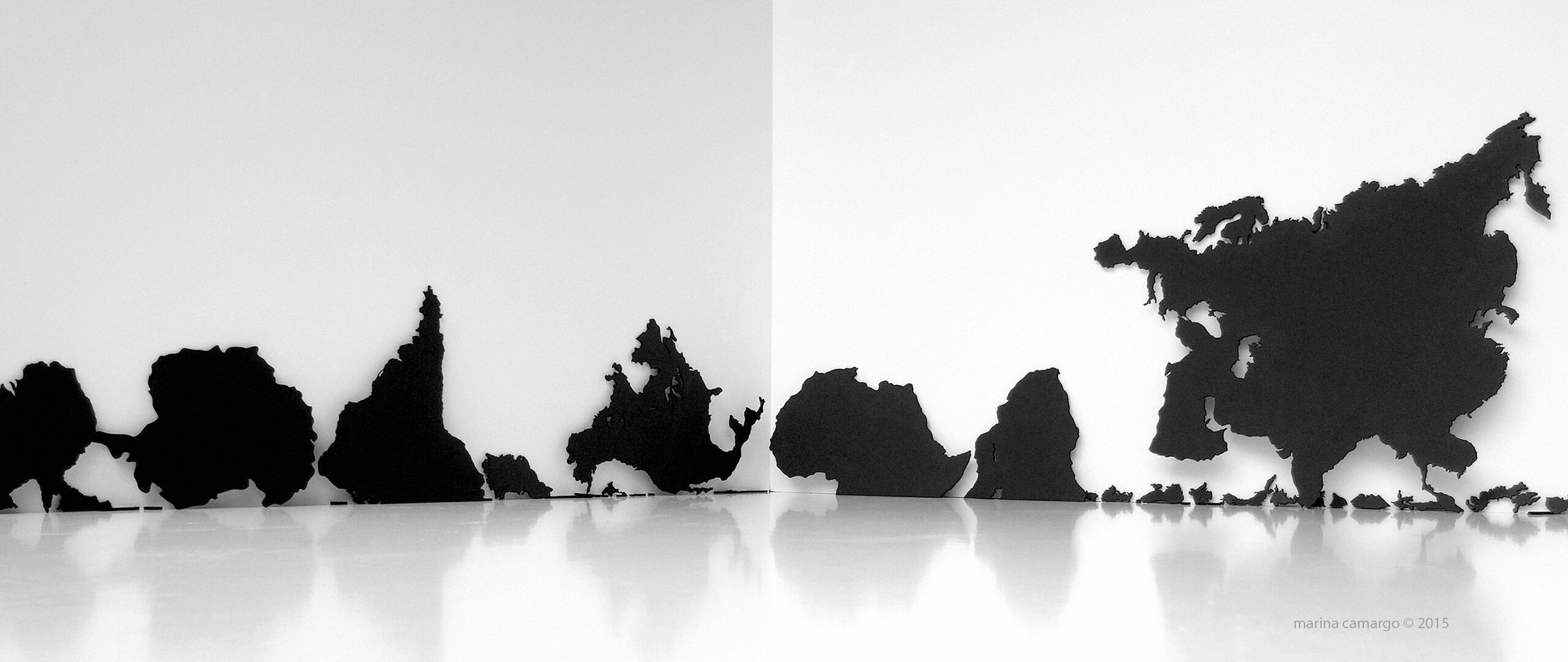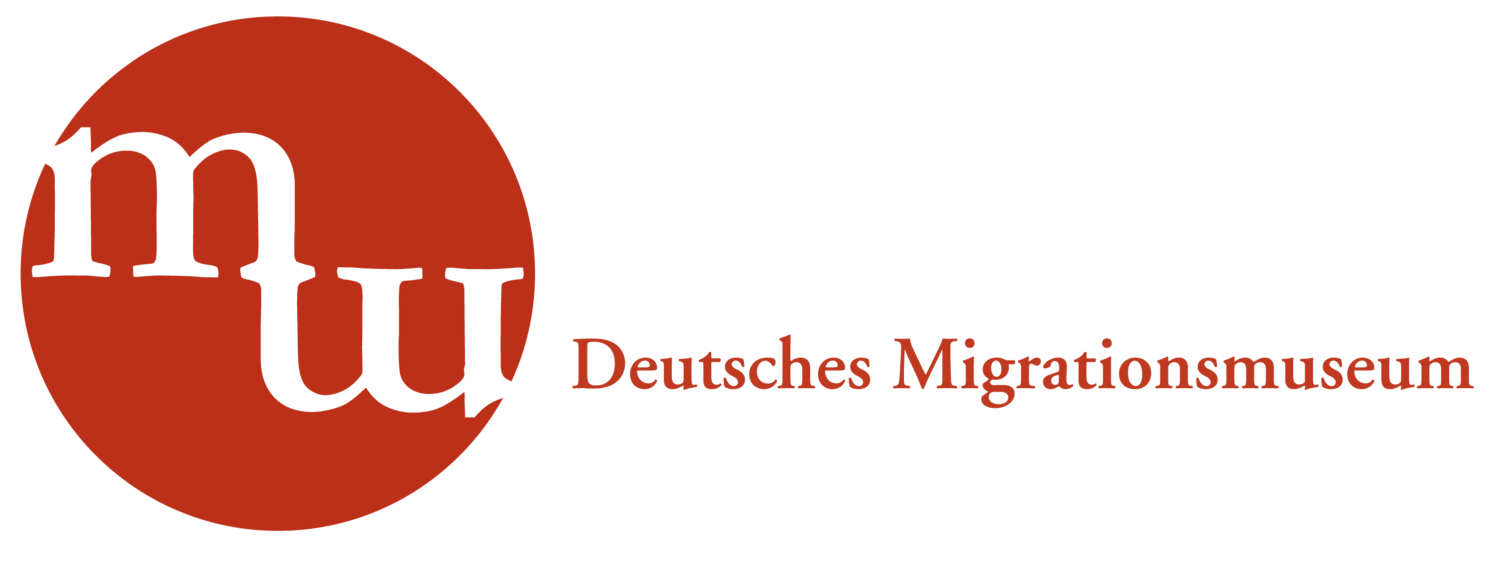
About us
A life produces traces as it is lived. Some of these traces are characteristic of those who have gone through the endless experience of being uprooted from one place in order to be re-rooted in another. But each time a root penetrates the soil, it establishes invisible but traceable bonds with a whole network of organisms, taking part in the microscopic web that connects roots to each other, feeding on it and feeding it in turn. When they are replanted and transplanted, with the denuding and banishment that permeate and constitute such experiences, the place where the roots will be planted will also say something about the living being of which they are part and that has now moved to a new address.
Marked by the lived experience of other roots, at this moment the roots become witnesses of the way in which we take part and make use of the elements found here and there. The "here" and the "there", the near and the distant, echo the strange and the familiar, which are found to be imbricated. From this imbrication may be born a renewed freshness towards the familiar and a path to be walked by the stranger: by putting down roots here and laying them down there, the memory of what was will live long in what is and, although not alone, will persistently illuminate what will be. The horizons of questions open up: what is a country, a distance, a proximity, a house, a repertoire of cultural, bodily, affective, intimate and public, social and secret signs?
In the virtual space of the DeutschesMigrationsmuseum, hosted in a cloud, it is possible to find a repository of seeds, words, fruits, forms and ways of life that migrant human beings offered us, in a gesture of trust, so that we could spread them to the wind. These are mainly videos and podcasts that we believe to be in some measure carriers of what affects and has affected those who migrated and migrate, the marks of their displacements and the very movement that animates them. Always subtitled in at least two languages, the access to the collection is free, free of charge and, as it could not be otherwise, without borders.
"I see us humans as passers-by, we live in passages. We are on the way as guests on earth. From these thoughts I would like to develop an ‘ethics of the passer-by’. In doing so, I also have a political goal in mind: a world in which not only a few, but all of us can move freely and which persists."
-Mbembe
